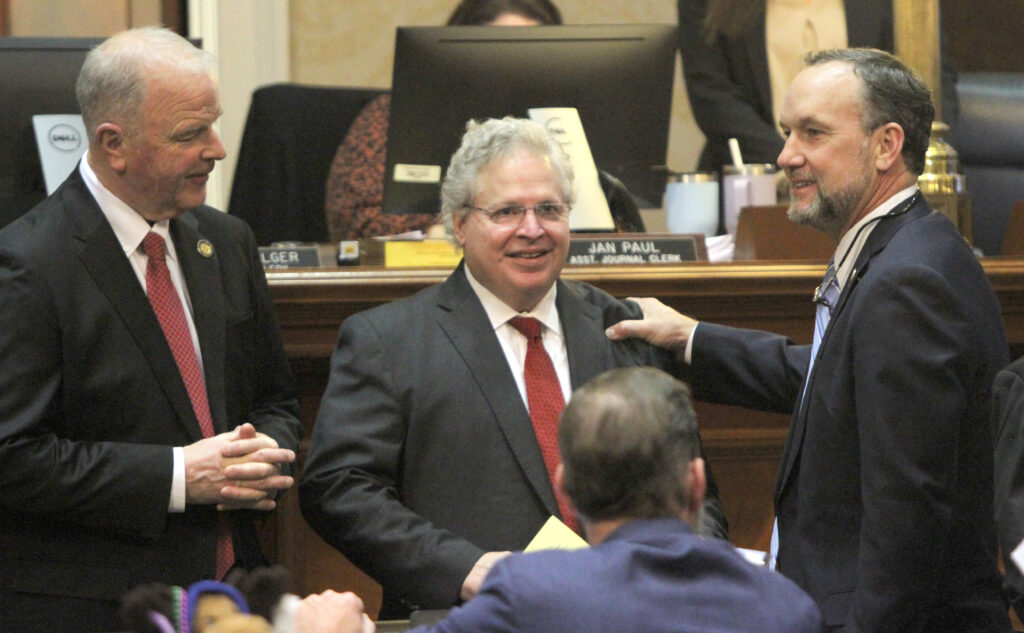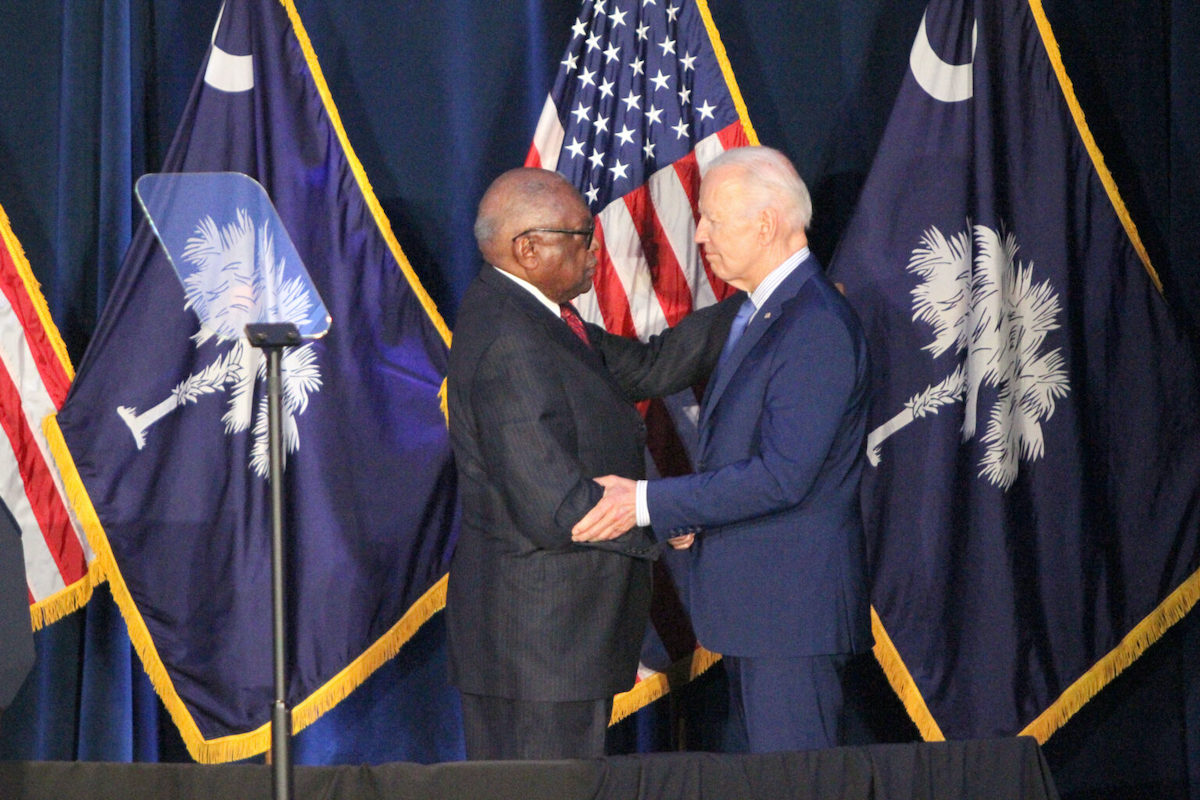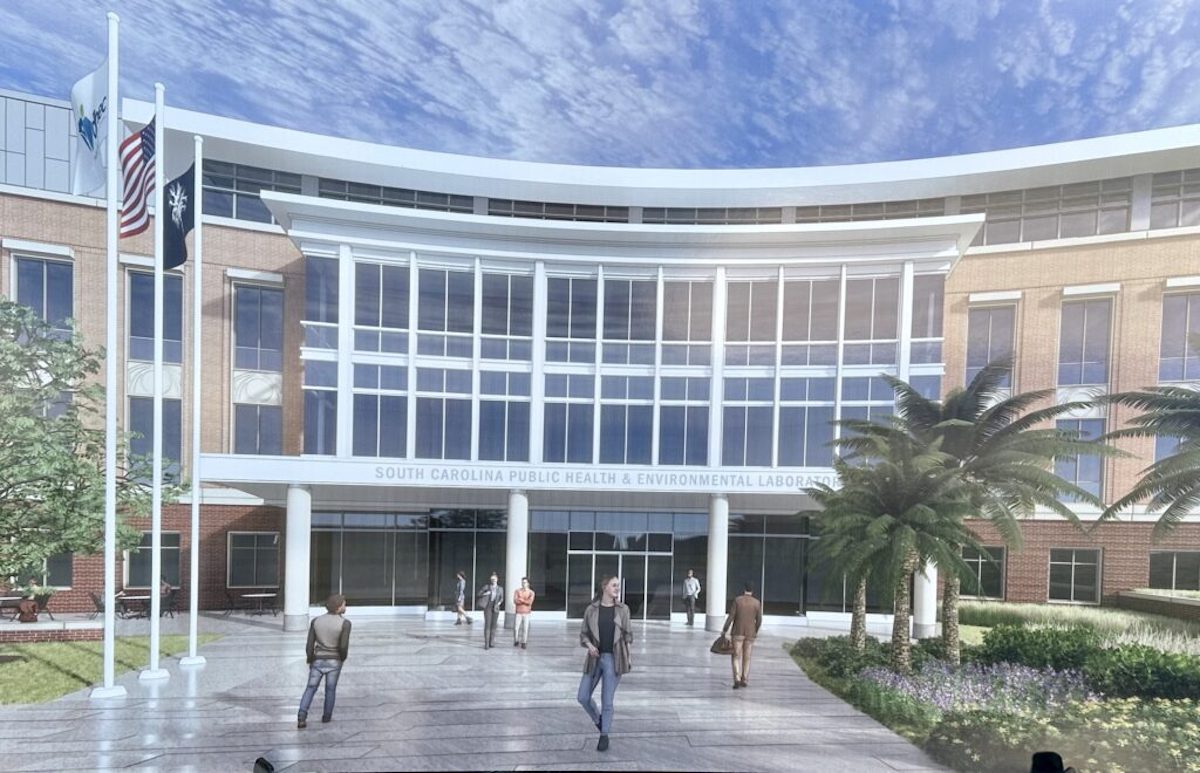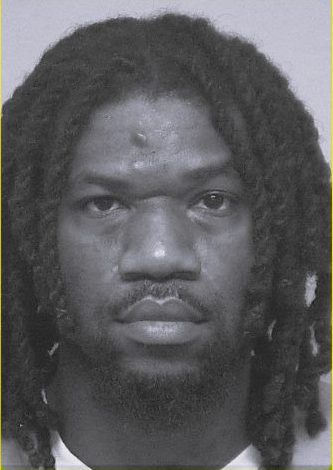House’s proposed spending plan raises salaries for teachers and state employees
By Skylar Laird
SCDailyGazette.com
COLUMBIA — South Carolina homeowners could save hundreds on their property taxes next year as part of a proposed budget the House of Representatives began debating Monday, March 11.
A collective $500 million cut to property tax bills on owner-occupied homes statewide is part of a $13.2 billion spending plan for the fiscal year starting July 1.
The proposal advanced by the House budget-writing committee also includes pay raises for teachers, law enforcement officers and state employees.
The $500 million for tax relief would be split among South Carolina’s 46 counties based on population. Counties would then reduce homeowners’ bills according to properties’ assessed values. No paperwork or actions would be needed from the homeowner. Instead, the county would automatically apply the credit to property tax bills that go out this fall, said House Ways and Means Chairman Bruce Bannister, R-Greenville.
On average, the tax credit would be $359, according to his committee’s budget briefing.
The money comes from an account designated for property tax relief created as part of a 2006 law touted as a tax swap to help homeowners. That law, known as Act 388, removed school operating costs from their tax bills and increased the state sales tax by a penny on the dollar — from 5% to 6% — to reimburse counties for the lost revenue.
For 13 years, the sales tax did not cover what the state was required to send counties, so legislators had to use other state taxes to pay the difference. But in 2020, the state started seeing a surplus from that penny. By this summer, the cumulative surplus is expected to reach $600 million.
The tax credit, like the law itself, would apply only to homes if the owner lives there. That means the break won’t apply to rental properties, businesses and vacation homes.
Gov. Henry McMaster suggested lawmakers put the $500 million toward repairing the state’s aging bridges. With nearly a third of the state’s 8,400 bridges approaching or past their intended lifespans, the money could put a major dent in addressing a critical need for the state, McMaster wrote in a December letter.
But that wasn’t what the money was intended for, Bannister said. A section of the law passed in 2006 says any extra revenue should go back to property owners.
“The governor said, ‘Let’s take that and spend it on roads,’ and we didn’t think that was appropriate,” he told the S.C. Daily Gazette
The proposal does send the Department of Transportation money to fix bridges, just not as much in one shot and not from the Act 388 account.
In instead sends $200 million as the first installment toward $1 billion over five years, which is what the agency requested — again. The $200 million matches what the House passed last year, before the Senate took it out.
Raises
The House’s proposed budget would raise the minimum pay for first-year teachers to $47,000, up from $42,500. That’s higher than McMaster’s proposed floor of $45,000 next school year toward boosting minimum salaries to $50,000 by 2026.
Like the governor’s suggestion, the House plan would extend state-paid yearly boosts for experience. Instead of stopping at 23 years in the classroom, the state’s minimum salary schedule would continue providing step increases through 28 years, something teacher advocates have been requesting for decades as a way to reward the state’s most veteran teachers.
House budget writers did not follow McMaster’s recommendations to consolidate the salary schedule. Under the Ways and Means plan, teachers would continue getting yearly steps for experience as well as boosts across the existing five “lanes” of education degrees: Bachelors, bachelor’s plus 18 hours of credit, master’s, master’s plus 18, and doctorate’s.
In all, districts will receive $230 million to increase teacher pay. That will increase state spending on K-12 classrooms by more than $400 per student, to $8,636, according to the budget briefing.
The raises are meant to address a growing number of teacher vacancies. At the beginning of this school year, schools reported nearly 1,400 vacant teaching positions, along with 200 other empty support roles. That’s a 9% increase over the year before, according to a report by the Center for Educator Recruitment, Retention & Advancement.
Additional money in the proposal for K-12 includes $40 million for classroom instruction materials, $35 million to buy or lease school buses, $20 million for school safety upgrades, $5 million to map out every school to help first responders in an emergency, and $30 million to fund the inaugural year of scholarships in the voucher program before the state Supreme Court.
State employees are on the docket for raises as well.
Under the House’s proposal, anyone making $66,667 or less would have their salary bumped up by $1,000. Anyone making more than that would get a 1.5% salary increase. That comes after at least a $2,500 raise for every employee last year.
Last year, legislators put $30 million into raising law enforcement salaries, which helped attract and retain officers, said subcommittee chairman Rep. Phillip Lowe, R-Florence.
State law enforcement officers — those working for the State Law Enforcement Division, and departments of Public Safety and Natural Resources — would get additional raises under the proposed budget.
In total, the departments would receive $2.6 million to increase salaries. Not included in that list is the Department of Corrections because previous raises were so successful in attracting employees, Lowe said.
What the raises will look like, exactly, for the upcoming fiscal year would depend on the agency, he added.
Skylar Laird covers the South Carolina Legislature and criminal justice issues. Originally from Missouri, she previously worked for The Post and Courier’s Columbia bureau.











